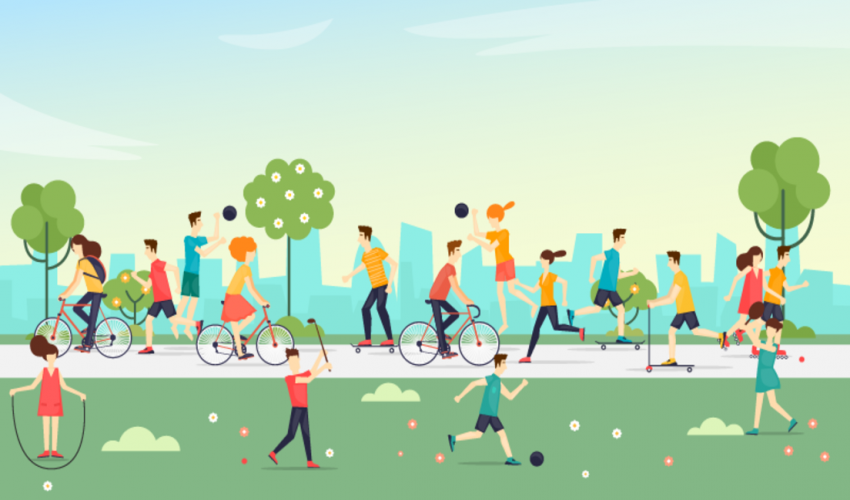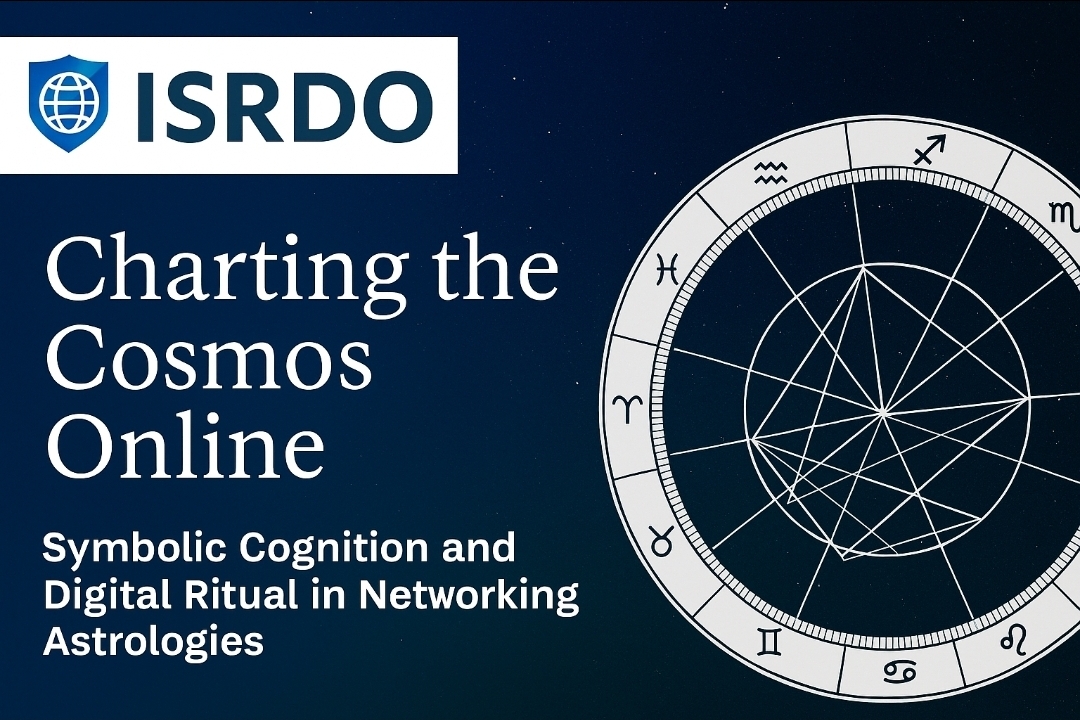
Prepare for a pandemic by making healthy living a part of our society's DNA.
- Rating
- pandemics healthier
- diseases preventing
- affecting health
- lifestyle prevent
- future pandemics
Without a doubt, the coronavirus has had a huge impact on
our lives in the last two years. Furthermore, the COVID-19 pandemic is a
perfect example of the importance of prevention and a healthy lifestyle...
There is not enough attention to lifestyle.
It is a waste of resources that our current health system
invests more in treating diseases than in preventing them. The promotion of a
healthy lifestyle could have been much more central in the policy of fighting
the Covid-19 pandemic and its consequences. Was it really sensible to limit
sporting opportunities so much? In their measures to fight the spread of the
virus, decision-makers focused primarily on the effects on hospitals, but
should also have taken into account the (negative) effects that the measures
had on lifestyle.
For a more balanced approach, the government could have done
more to emphasize the importance of a healthy lifestyle, encouraging people to
get enough exercise, for example. Especially since obesity is a growing
problem: up to half of the Dutch population is overweight. And being
overweight, and certainly being obese, puts you at a disadvantage when it comes
to infections, with a higher risk of serious sequelae. The more overweight a
person is, the greater the risk of a more severe disease course if that person
is infected with COVID-19. This is because the person's immune system may be
chronically overactive and therefore may no longer respond effectively to a
virus such as COVID-19. However, the immune system can be positively influenced
by lifestyle factors. Therefore, investing in a healthy lifestyle can be of
great value during a pandemic like this one and in relation to possible future
viruses.
Support in case of stress, anxiety or worry
In addition to physical health, mental health also has an
important role to play in making people resilient. Many people experienced
stress, anxiety or worry during the Covid-19 crisis. They were worried about
their jobs or health, experienced loneliness during lockdowns, and/or had
questions about vaccinations. An undesirable effect, for example, was that some
people did not get vaccinated because they were afraid of the side effects they
might experience. Because although the vaccines against Covid-19 are very
effective, it is undeniable that they have side effects. Although these are
usually mild and pass quickly (headache, fatigue or arm pain, for example), for
many people they are still a reason to avoid vaccination. It is important to
know that some of these adverse events are not even caused by the vaccine
itself. An international study shows that the nocebo effect, the negative
counterpart of the placebo effect, plays an important role. The adverse
reaction may also occur only due to the expectation that a vaccination may
result in such an adverse reaction.
focus on the positive
Focusing solely on the Covid-19 crisis and all its negative
consequences can be extremely counterproductive. Prolonged focus on negative
consequences affects not only our mental state, but also our physical
responses, ultimately affecting health and disease. Conversely, positive
expectations can lead to positive outcomes. What can we focus on to get out of
this or future pandemics healthier? Any crisis also leaves room to focus on
what is really important in life, on what we ourselves can do to stay as
healthy as possible, on enjoying the little things in life, and on working on
connection and collaboration. A necessary step to counteract the "Covid-19
nocebo effect".
Investing more in a healthy lifestyle can prevent many
negative consequences for physical and mental health. By making lifestyle part
of the DNA of our society, we will be more resilient to potential future
pandemics or large-scale health challenges.
Leave a Reply
Your email address will not be published. Required fields are marked *


